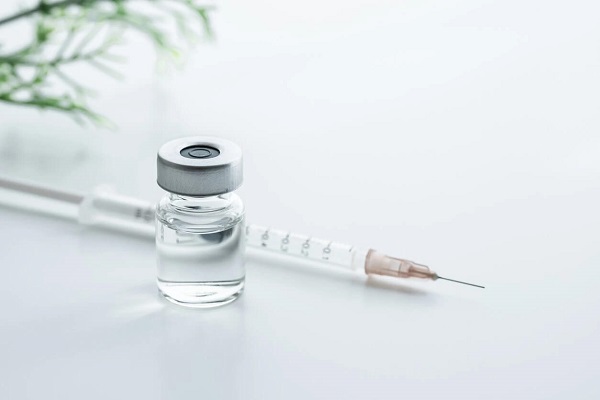
At My Peptides, Ever wonder if there’s a single research compound that might support tissue repair, muscle growth, and even cognitive health? Enter Ipamorelin. This synthetic peptide is catching the scientific community’s eye for its ability to boost natural growth hormone release. It’s no wonder everyone keeps asking, “What else can Ipamorelin do?”
“The secret of getting ahead is getting started,” Mark Twain once quipped. When it comes to Ipamorelin research, that’s exactly what experts are doing—diving in headfirst.
